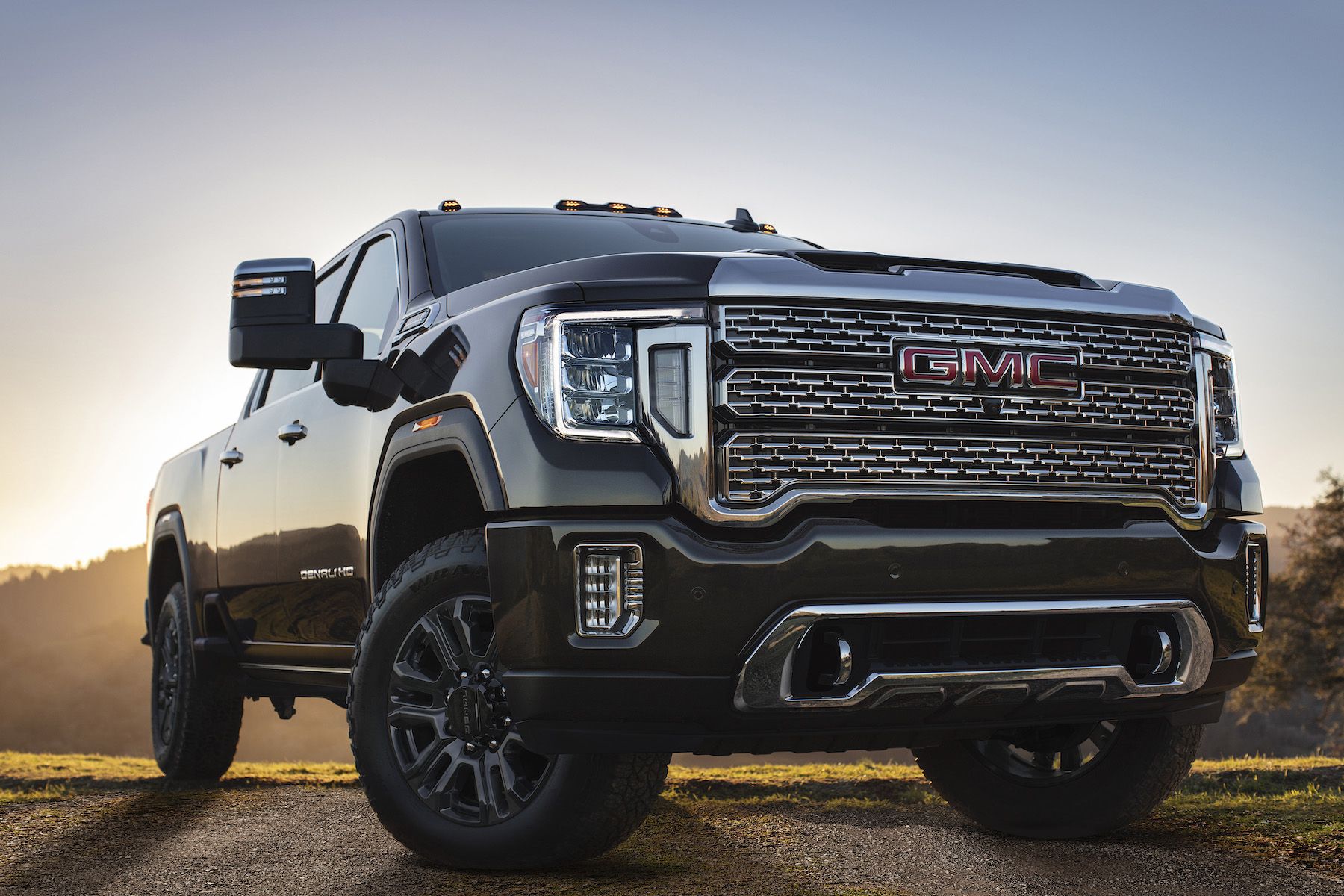I believe that this is a good thesis on North Americans' poor choice in the vehicles they choose to drive. I am noticing more and more giant and luxurious crew cab pickup trucks with loud, rumbling engines (and those trucks are getting larger every year), driven by just a single driver with no passengers. The more of this type of driver I see, the more I want to drive a smaller car. If Lexus offered an electrified sedan (or wagon) somewhat smaller than the ES, I would seriously consider it.

 driving.ca
driving.ca
I agree with this final argument, that the reason that we are driving such large vehicles with such large engines is because it is too easy to do so. If fuel prices were to increase to the point that driving such a wasteful vehicle became prohibitively expensive, we North Americans would all be driving smaller, more efficient vehicles.

Motor Mouth: Why new-car fuel economy numbers are so depressing
The EPA’s latest Automotive Trends Report illustrates the futility of trying to improve the internal-combustion engine
But what have we, the consuming public, done with all this newfound efficiency?
Why, we’ve pretty much wasted it all by buying bigger, more powerful, and less aerodynamic vehicles as fast as we can. It’s no mystery that we’re buying more pickups and SUVs than ever before.
...you have fully two thirds of the market dominated by vehicles inherently less fuel-efficient than the smaller, lighter, and more aerodynamic sedans they are replacing. In other words, we’re taking all that newfound efficiency and using it as an excuse to buy bigger vehicles.
...the average vehicle sold in the U.S. only increased its fuel economy by 0.4 miles per US gallon between 2008 and 2019. It’s also why Ford and GM were two of only three major manufacturers to see a decrease in fleet fuel economy between 2014 and 2019 and why, Ford, GM and Stellantis remain mired at the bottom of the EPA’s fuel economy and CO2 charts.
Since 2004, the EPA says, power is up some 16 per cent on average across the entire American fleet. As I said, much of the efficiency that turbocharging and direct injection have wrought has been directed either toward performance or compensating for the greater weight of vehicles instead of reduced fuel consumption and emissions.
I agree with this final argument, that the reason that we are driving such large vehicles with such large engines is because it is too easy to do so. If fuel prices were to increase to the point that driving such a wasteful vehicle became prohibitively expensive, we North Americans would all be driving smaller, more efficient vehicles.
The other thing worth noting is that the only time consumers make worthwhile changes is when it affects our pocketbooks. Yes, studies continually remind us buyers say they want to reduce their impact on the environment, but, as dispiriting as it is to say, the truth is that the average consumer only changes their habits when they are hit hard — make that very hard — in the wallet. Trying to marry the studies that claim the environment is the most important thing on Canadians’ minds with the number of people decrying carbon pricing suggests a hypocrisy we all should be ashamed of. Purchase decisions always speak much louder than focus groups, and right now the cars we’re buying say we don’t give a damn about the environment.



